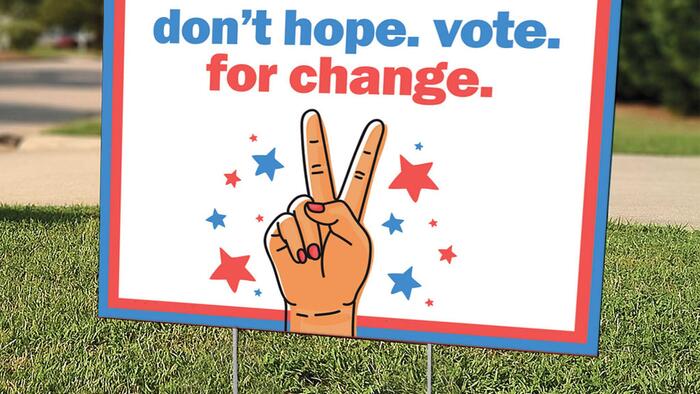In their analysis, John and Nisha Whitehead express a cynical view of the electoral process in America, suggesting that true change is illusory and that the so-called Deep State remains indifferent to the political shifts that occur every election cycle. Their assertion is framed around the idea that regardless of the political party in power — be it Democrat or Republican — the fundamental issues plaguing the nation persist unaltered. The authors encapsulate this sentiment with a quote from Thorne, which implies that the act of voting, rather than being a gateway to change, is merely a facade that serves to veil the ongoing operations of entrenched governmental bureaucracies. In the end, the outcome of elections offers little more than the illusion of choice, leaving citizens bound to the same oppressive systems.
The Whiteheads enumerate a range of persistent issues that they argue will not be affected by the presidential election. They assert that the unelected bureaucratic machinery continues to wield power, executing policies that prioritize control and profit over democratic representation. They highlight the continuation of militarized police actions, government-sanctioned censorship, and the pervasive surveillance state as symptoms of a larger disease afflicting the body politic. This incremental erosion of civil liberties, they contend, has been an ongoing trend under both Democratic and Republican administrations, transforming the nation into an environment where dissent is increasingly treated as a criminal activity.
Furthermore, the piece articulates how foundational democratic principles and individual rights have been systematically undermined, particularly post-9/11. Legislation such as the USA Patriot Act has altered the legal landscape, allowing for martial law to thrive over constitutional protections. The authors argue that citizens are increasingly perceived as potential threats rather than constituents deserving protection. This shift in perception has led to a culture where every ordinary citizen can find themselves criminalized under the vague definitions that populate U.S. laws, raising alarm bells about the inherent dangers accompanying such a state of affairs.
In discussing the Deep State’s role, the authors contend that the entrenched power structures within the government operate independently from who’s elected to lead. They define this overarching governmental entity as a coalition of unelected officials and bureaucratic layers that function irrespective of changing political tides. This perspective suggests a grim reality in which electoral politics has devolved into a mere spectacle, while the real levers of power remain unmoved by the democratic process. The authors stress that regardless of legislative or partisan changes, the bureaucratic impasse continues to dictate public policy, with little regard for the electorate’s will.
The authors claim that the U.S. government’s approach to national crises has been to expand governmental powers in the name of security rather than protect individual liberties. They highlight a pattern where the government’s solutions to threats involve increasing surveillance and control, thereby minimizing personal freedoms. This emphasis on governmental solutions fosters a dependency on an ever-expanding state and cultivates an environment where civil liberties are sacrificed for the illusion of safety and security.
Lastly, Whitehead and Whitehead warn about the dangers of accumulated executive power within the Oval Office, where successive presidents have expanded their authority to combat perceived threats at the expense of constitutional checks and balances. They argue that this trend has transformed the presidency into something approaching an imperial office, equipped with vast powers that risk turning democratic regimes into autocratic ones. As a result, the authors suggest that the very institutions intended to safeguard citizens have instead become mechanisms of oppression. The grim conclusion drawn from their critique underscores a profound disconnect between the government and the governed, emphasizing the need for awareness and action to reclaim civil liberties from the grip of an overreaching state.

